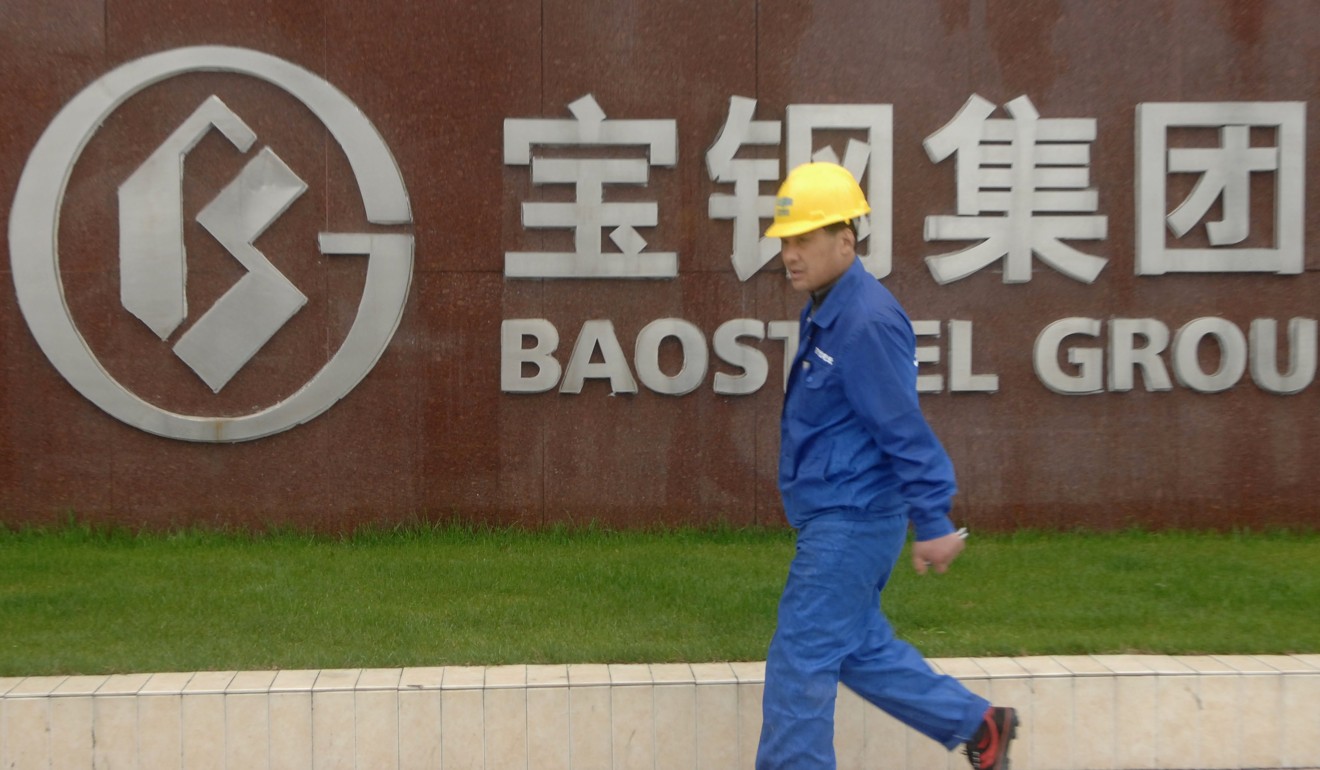
‘A victory for Chinese steel and US law’: why a lawyer thinks Chinese companies can put faith in the American legal system
Steel case could have set a dangerous precedent for China, but should instead encourage its companies to choose the path of engagement, advocate says
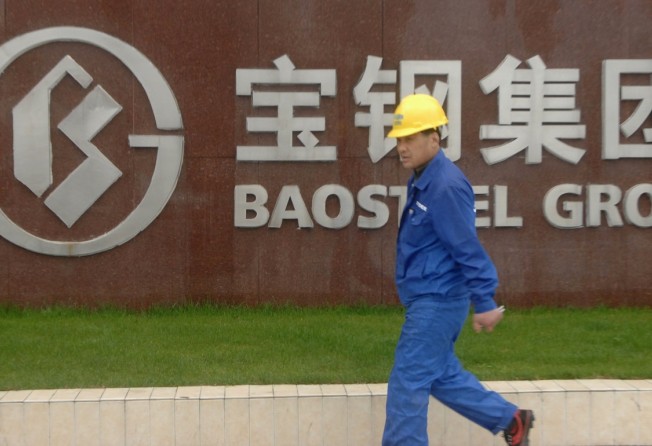
Trade tensions between China and the United States may be on the rise but the result of a pivotal US steel investigation should encourage Chinese companies to use the American legal system to settle disputes.
That’s the assessment of one Beijing-based lawyer in a US law firm who helped successfully defend Chinese steel companies investigated by a US trade commission.
Ran Ruixue, a partner with the Washington-based law firm Covington & Burling, told the South China Morning Post, that the case was the first of its kind against Chinese steel products and the first time Chinese companies had won a trade secrets case before the commission.
“Chinese companies should maximise the use of US laws and rules to protect their interests,” Ran said.
“Rule of law is helping to make the vulnerable more protected. The investigation against the Chinese steel companies is an excellent example of this.”
Trade experts and lawyers also said Chinese firms could use the US legal system to defend themselves as trade frictions raised the prospect of more legal challenges from US rivals.
The case was filed in the US International Trade Commission (ITC) in April 2016 by United States Steel Corporation, commonly known as US Steel, against 40 Chinese steel producers and nine distributors.

The defendants included Shanghai Baosteel Group Corporation, known as Baosteel – a Chinese state-owned steel company and one of the world’s biggest steel producers based on output.
The ITC is a quasi-judicial agency that determines whether imports to the US involve unfair trade practices such as subsidies, dumping and breaches of intellectual property rights.
The case against the Chinese steel companies, which was brought under Section 337 of the Tariff Act of 1930 on unfair trade actions, lasted two years before the ITC ruled in March this year to dismiss the last of US Steel’s claims.
US Steel had made three allegations against the Chinese steel companies: that they illegally fixed steel prices lower than market value, circumvented US trade duties by falsely designating the origin of steel, and stole trade secrets and used them to develop cutting-edge technology in advanced steel products.
Many US senators had publicly supported US Steel and called on US President Donald Trump and the ITC to protect the domestic steel industry and its workers.
Section 337, used mainly by US companies in cases of infringement of intellectual property rights, is a powerful tool because a ruling can lead to a ban on the products concerned entering the US market. Trade lawyers expect Chinese firms to face more legal action in the US, including Section 337 investigations.
Ran’s firm assigned more than 50 lawyers to the Chinese steel case, and was leading counsel of the joint defence team with more than 10 other Chinese and American law firms.
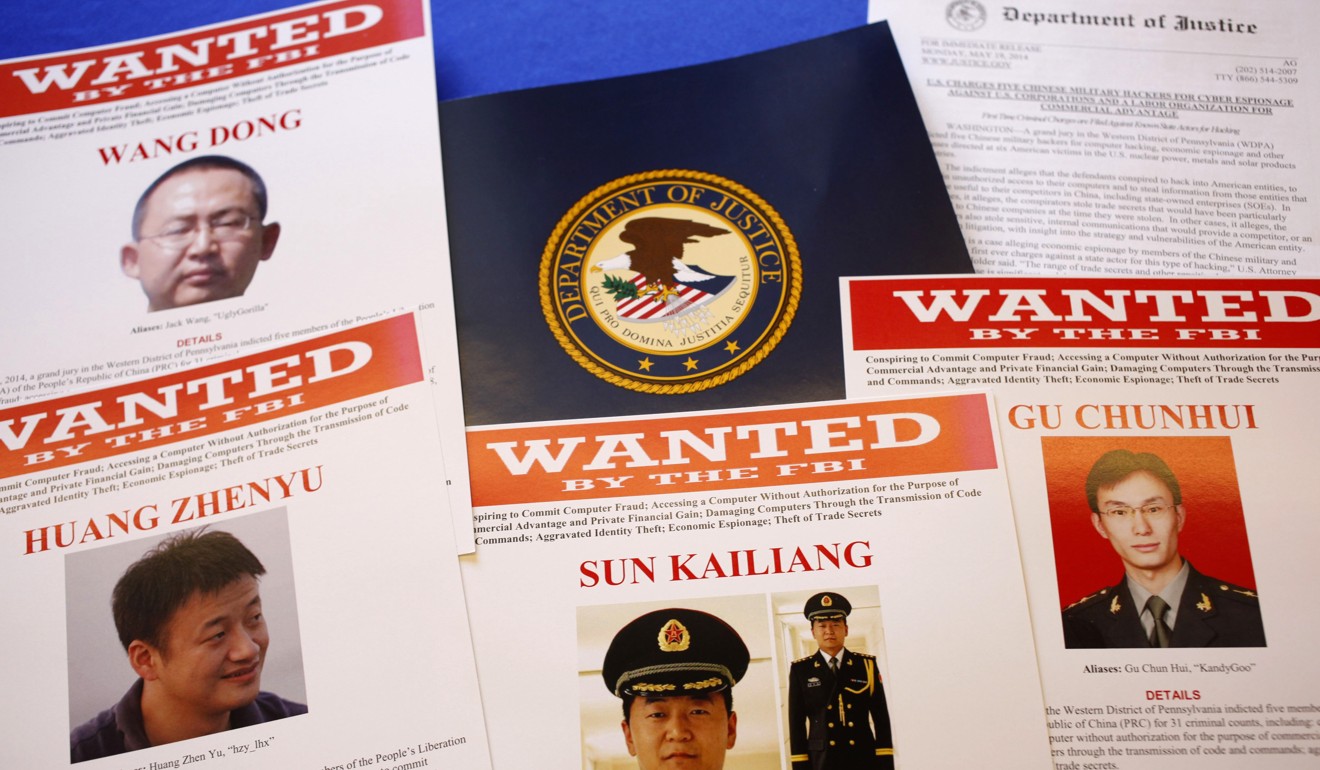
China was the source of only 2 per cent of US steel imports in 2017, but the case covered nearly all of that 2 per cent. A ruling against it would have threatened to exclude China from the US market.
The case was being investigated at a time of rising tension between the two countries. The Trump administration has accused China of “economic aggression” and labelled it one of the US’ strategic competitors in economic, military and technology sectors.
It has accused China of intellectual property theft, including government-backed cybertheft of trade secrets, harming the US economy and jobs.
In 2014, the US Department of Justice filed a lawsuit against five officers of China’s People’s Liberation Army alleging cyber-intrusion and economic espionage of six US firms, including US Steel.
According to the investigators’ report, US Steel said the hack took place in February 2010 and “resulted in the exfiltration of highly sensitive commercial secrets regarding the development of lightweight high-strength steel”.
US Steel claimed when filing the case to the ITC that Baosteel “was known to be one of the beneficiaries of China’s state-sponsored cyberattacks”.
The American firm dropped the claim of trade secret theft in February 2017 because of a lack of evidence, the ITC dismissed the anti-circumvention allegation in October, and in March this year it dismissed the antitrust claims, again because of a lack of evidence, and ended the investigation.
Ran said that, although there had been a similar antitrust case brought under Section 337 against a Japanese defendant in 1978, there had been no precedent for the Chinese steel case.
“If that antitrust allegation had been successful, it could have opened the door for companies to initiate US ITC antitrust investigations against Chinese companies in other sectors, given the bilateral trade frictions,” Ran said.
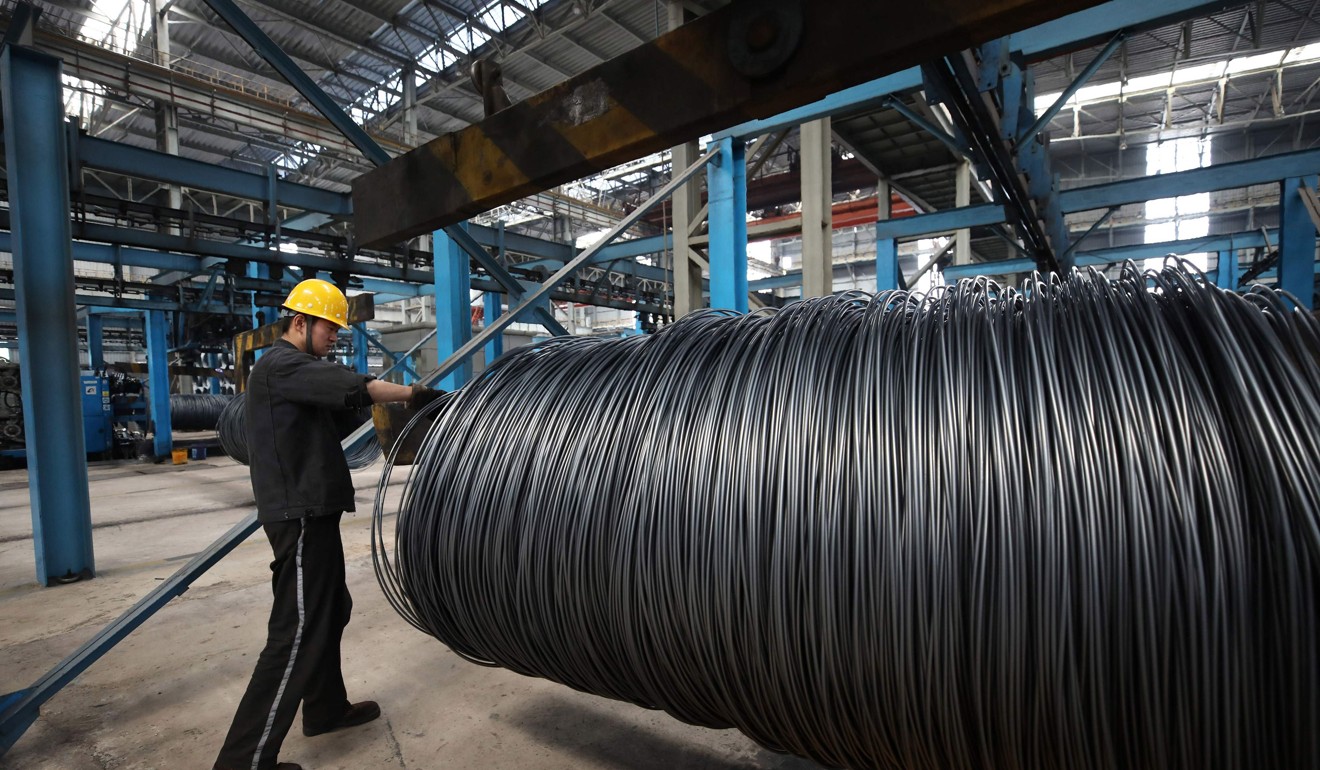
“The possible negative ruling would become the guidance for similar cases in the future, which may also have had an impact on other neighbouring economies.
“It is a victory for Chinese steel, and also a victory for the US legal system.”
The ITC was unconcerned about US political pressure and made its ruling based on the law, proving it to be a trustworthy dispute settlement organisation, Ran said, adding: “The US is a mature market economy with a sophisticated legal system. It is very important for Chinese companies to understand and use US rules when they are handling trade frictions with the US.”
Section 337 investigations are not new to China. In 2017, US companies filed 15 such complaints involving Chinese products ranging from nappies to electronic devices, according to China’s Ministry of Commerce. There have been at least nine such cases so far this year, the ministry’s data shows.
A research report in 2014 by China’s Ministry of Industry and Information Technology warned that Chinese companies would face more US legal barriers to entering US markets as competition in technology sectors intensified.
According to a former trade official, current Chinese officials have held discussions with Chinese enterprises in recent years to seek their feedback on Section 337 investigations. The ministry had also communicated with US counterparts, he said.
In spite of this, Chinese companies may face more legal risks during the present economic tension, a Beijing-based foreign lawyer with another global law firm told the Post on condition of anonymity.
“US companies will be more inclined to act because they expect a more favourable reception in the US government,” the lawyer said. “They may think that they have a better chance to press their concerns because the US government will champion them.”
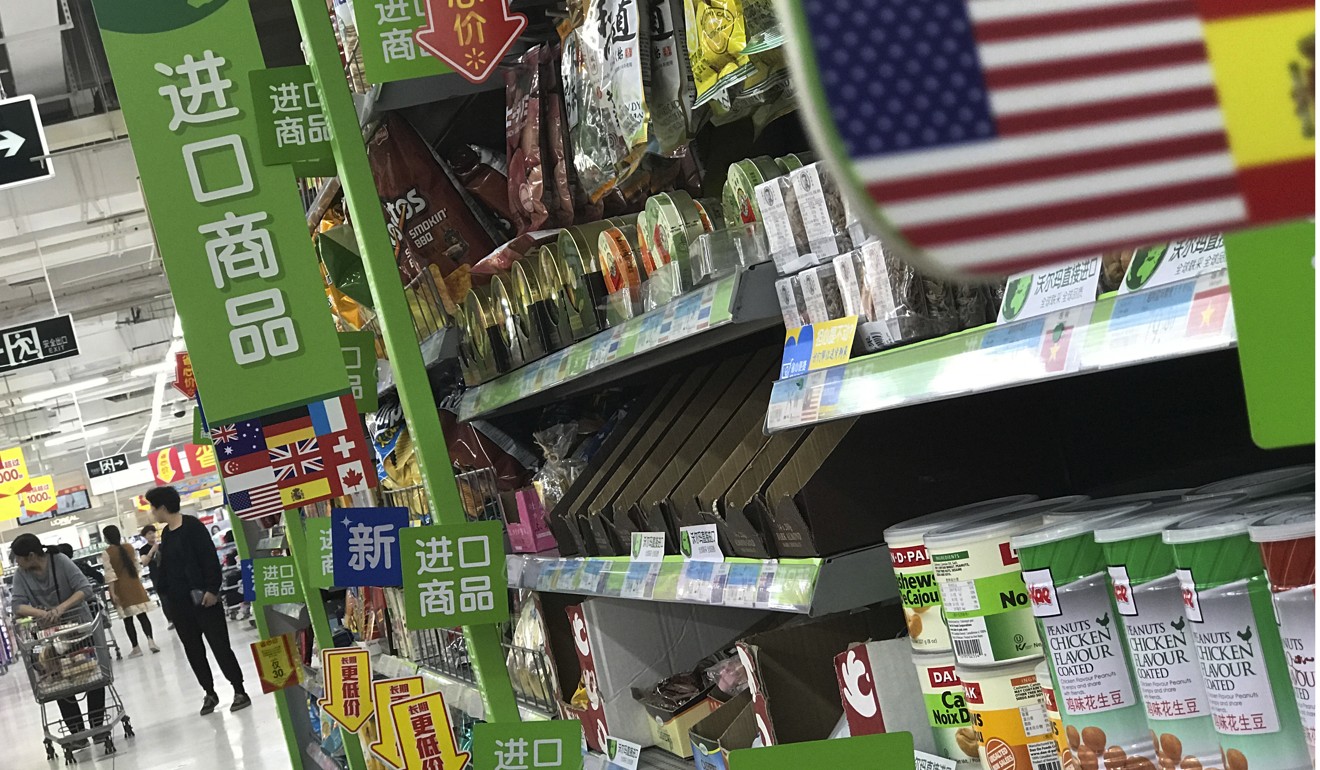
Steel is one of the few sectors to publicly support President Trump’s tariffs against the US’ trading partners, and is a voter base for Trump. He visited the Pittsburgh base of US Steel in 2016 during his presidential election campaign and vowed to bring jobs back to the country’s steel industry.
The US was the world’s fourth biggest steel producer in 2017 with 81.6 million tonnes (89.9 million short tons), or 4.8 per cent of global output, according to steel trade group the World Steel Association (WSA).
That compared with China’s 831.7 million tonnes, accounting for 49.2 per cent of the global total, the WSA’s figures showed.
The US has already imposed more than 160 different tariffs against foreign steel and some of the tariffs on Chinese steel exceed 500 per cent, according to the US Department of Commerce.
The economic confrontation is expected to continue, with the US saying that it will introduce tariffs on US$34 billion worth of Chinese goods that come into force from July 6 and China responding by saying tariffs on US goods to the same value will take effect on the same date.
But in the face of trade disputes with US rivals, Ran encouraged Chinese companies to resolve disagreements through legal means and discussions.
“Fierce confrontation does no good to either side. It would be of great benefit to use the rules – whether they are under the World Trade Organisation or the US’ domestic rules,” she said.